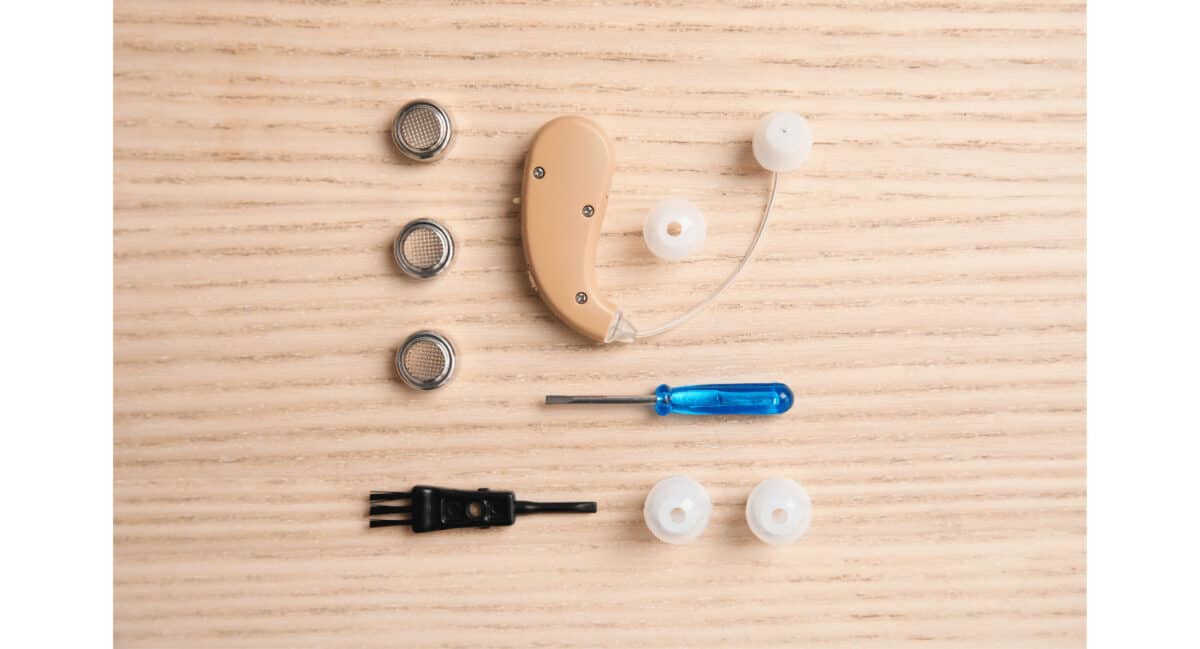Hearing devices often become essential companions on the journey of communication and connection. As we appreciate the invaluable role they play, it’s equally important to adopt sustainable practices for their maintenance. Let’s delve into how embracing eco-friendly habits can not only benefit our hearing devices but also contribute to a healthier planet.
Mindful Cleaning: A Green Approach to Device Care
Cleaning your hearing devices is a routine practice, but the way you do it can make a significant difference. Instead of disposable wipes or tissues, consider using a soft, reusable cloth for cleaning. This not only reduces waste but also ensures a gentle touch that preserves the longevity of your devices. Green cleaning is a simple yet effective step towards sustainability.
Battery Consciousness
Batteries are crucial for the functionality of hearing devices, and the choice between disposable and rechargeable batteries can impact our ecological footprint. Opting for rechargeable batteries not only minimizes single-use battery waste but also reduces the overall demand for raw materials. It can also help you save money over time!
Recycling Programs: Responsibly Disposing of Old Devices
As technology evolves, you might find yourself upgrading your hearing devices. Instead of letting the old ones accumulate in drawers, explore recycling programs provided by manufacturers or local organizations. Many companies have initiatives to responsibly dispose of and recycle electronic devices, ensuring that their components are repurposed or disposed of safely.
Energy-Efficient Storage
Charging stations for hearing devices are a convenient way to keep your hearing aids powered, but how we use them can impact energy consumption. Adopting energy-efficient practices, such as charging your devices during non-peak hours, not only reduces strain on the power grid but also contributes to a more sustainable energy ecosystem. It’s about making conscious choices in our daily routines.
Durable Accessories: Investing in Long-Lasting Products
Accessories like protective cases and device holders are key to keeping expensive hearing devices safe. This can also be done with sustainability in mind! Opt for durable, long-lasting materials that can withstand the test of time. By investing in accessories that don’t wear out quickly, you not only save resources but also reduce the frequency of replacements, minimizing your environmental impact.
Natural Drying Methods
When it comes to moisture management for your hearing devices, instead of relying solely on electric drying kits, consider natural alternatives. Air-drying your devices in a well-ventilated space not only conserves energy but also eliminates the need for disposable drying agents. It’s a simple yet effective way to integrate sustainability into your device care routine.
Conscious Upgrades: Making Informed Choices
While upgrading to newer hearing device models is common, it’s essential to do so with a sense of responsibility. Choose devices that align with your long-term needs, reducing the frequency of upgrades and the associated electronic waste. Conscious upgrades not only benefit you but also contribute to a more sustainable consumption cycle.
Extending the Lifespan of Hearing Aids
Consider exploring community-sharing programs where individuals can donate or lend their old hearing devices to those in need. Extending the lifespan of devices through such initiatives promotes a circular economy and ensures that functional devices find new homes, reducing the overall demand for manufacturing new ones.
Combining Care With Sustainability
In the world of sustainable living, our hearing devices play a unique part in going green. By adopting eco-friendly practices for hearing aid maintenance, we not only ensure their optimal performance but also contribute to the well-being of our planet. Sustainable hearing is not just a personal choice; it’s a collective effort to be intentional with daily habits and give back to our planet.


